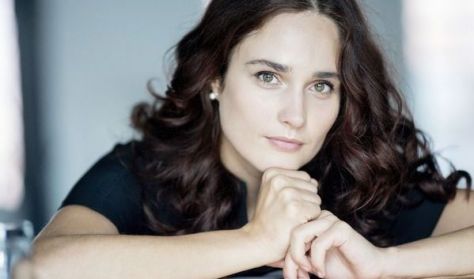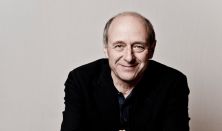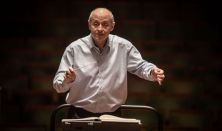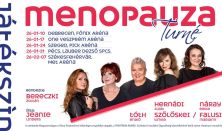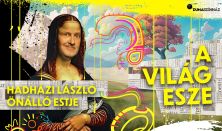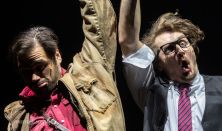The orchestral version of Vocalise originally written for voice and piano, and a gem of the vocal repertoire, will open the concert, followed by the Piano Concerto No. 2, performed by Anna Vinnitskaya, described by the Washington Post as "a true lioness" and by Gramophone as "an unforgettable and sparkling interplay of light and shadow". After the interval, the monumental musical triumph, Symphony No. 2, is played.
"Why do you need words when you can express everything better and more articulately with your voice and your interpretation than anyone can with words?" - Rachmaninoff wrote to singer Antonina Nezhdanova, to whom he dedicated the last of the Op. 34 14 songs. The vocal part of Vocalise must be performed on a preferred vowel. The sustained notes and supple melodies create an almost violin-like sound. It's no wonder that many instrumental versions of the popular song have been written, with the orchestral version being created by the composer himself. This orchestration perhaps enhances the sensuality and hypnotic beauty of the piece.
Speaking of hypnosis... In 1901, Rachmaninoff completed his Piano Concerto No. 2, which was a breakthrough for him: it helped him stop drinking and overcome the depression caused by a failed performance. After the failure of Symphony No. 1, he thought he was incapable of composing. He devoted the piece that brought the breakthrough to his physician, Nicolai Dahl, who helped not only his recovery but also the creation of the work with hypnotherapy. The traditional three-movement piano concerto with its beautiful melodies, exciting dialogues, several wind solos and solemn C major finale became the conclusion of a successful therapy. The composer never again fell into depression.
But writing symphonies remained a sensitive issue. Rachmaninoff returned to the genre only after a decade of failure, and was dissatisfied with his first drafts. He forced himself to adapt the work, and in 1908, as conductor, he led the first performance in St. Petersburg to success. He was awarded the Glinka Prize for this as well as for the Piano Concerto. He had completely overcome his trauma. The opening movement of the hour-long work begins with a slow introduction that is suggestive and brooding. It then gradually builds to a stormy development. The themes recur as motifs in later movements. A more serene scherzo using the Dies irae melody, and a slow movement containing one of the composer's most beautiful motifs follow, before a bright, richly orchestrated, triumphant finale brings the work to a close.
Sergei Rachmaninoff: Vocalise, Op. 34, No. 14
Piano Concerto No. 2 in C minor, Op. 18
Symphony No. 2 in E minor Op. 27
Anna Vinnitskaya, piano
conductor: Iván Fischer
